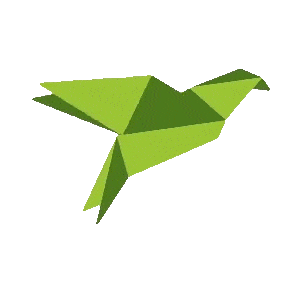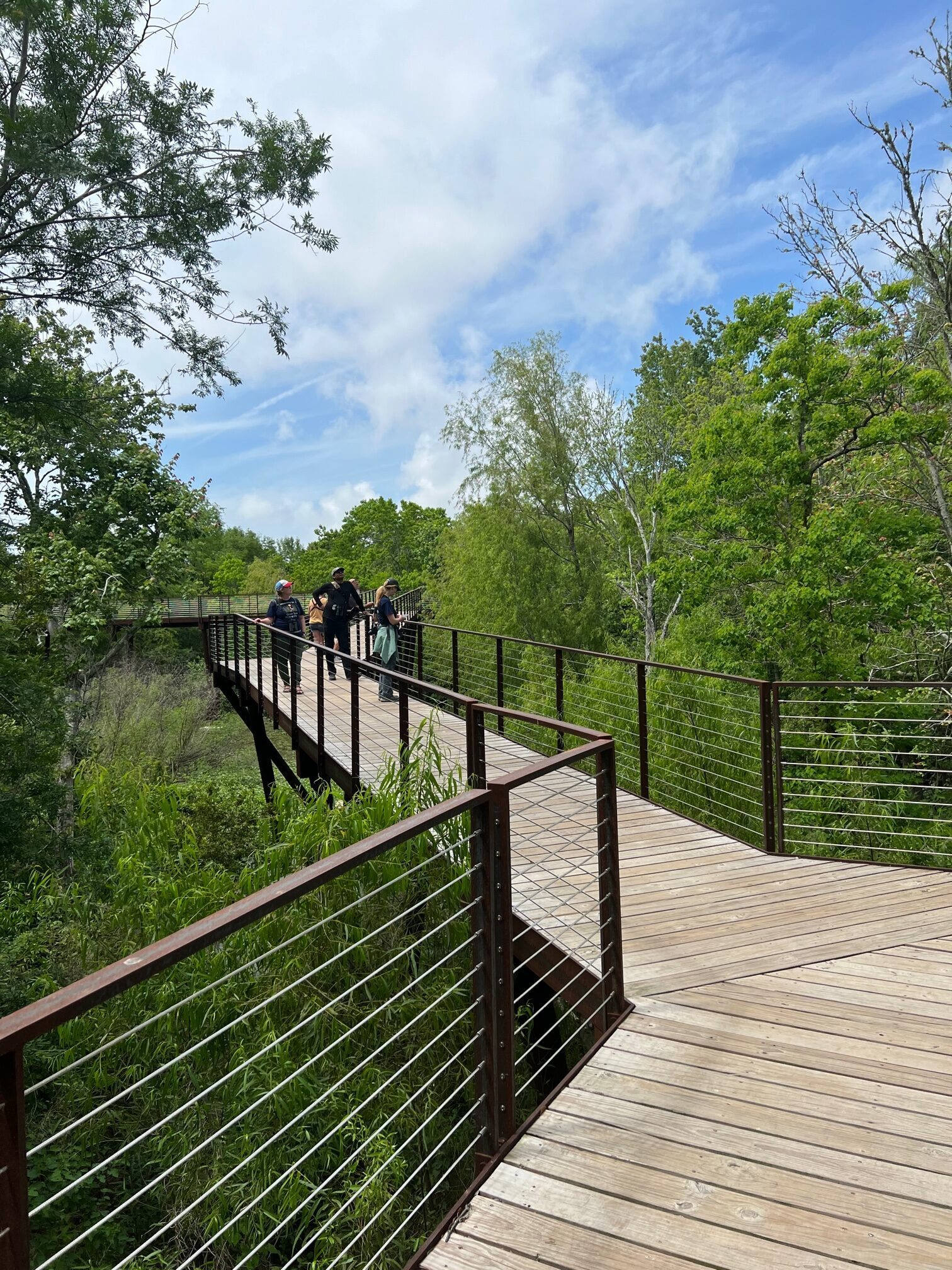North Texas Coast – Texas, USA
About
The Texas Gulf Coast, known as America’s Third Coast, is 367 miles long and is split into divisions along the coastline. Owen Traveled to 2 of the upper Gulf Coast divisions, Galveston Division, and the Victoria Division. The Upper Gulf Coast is composed of diverse land of wilderness, metropolitan and industrial. It is home to the Huston-Galveston metropolitan area, an industrial hub for the United States but as well composed of forests, conifer flora, river bottomlands, freshwater wetlands, tidal and non-tidal marshes, estuaries, and gulf prairies.
The North Texas Coast is one of the most unique birding hot spots in Texas and is comprised of several beautiful hidden gems for birding and wildlife photography.
The High Island and Bolivar Flats are some of the best places for bird photography, especially for neotropical migrants in the spring from mid-April to early May. The High Island offers trans-gulf migrants a resting place before the next phase of their migration, one can spot these migrants mid-morning. The Bolivar Flats also offer great waterbird photography with birds like the Roseate Spoonbill, Tricolored Heron, Marbled Godwit, Whimbrels, and many others. Both the High Island and Bolivar Flats are located on the Bolivar Peninsula in Galveston County, Texas.
Sabine Pass and Sabine Woods is considered one of the most beneficial migrant stopovers along the entire coast of Texas during spring and fall migration for birds. Birders and wildlife photographers come to see and photograph the thousands of migrant birds. The Sabine Pass and Sabine Woods is owned and maintained by the Texas Ornithological Society and the Golden Triangle Audubon Society. For the best warbler, thrush, tanager, oriole, and flycatchers bird photography, it is best to come during the springtime from late March through mid-may. Though early fall brings hundreds of hummingbirds like the Ruby-throated Hummingbird. Sabine pass and Sabine Woods is located along TX-87 in Port Arthur, Texas.
While along the Upper Texas Coast, Owen Photographed the Neotropic Cormorant, Reddish Egret, Roseate Spoonbill, Snowy Egret, Wilson’s Phalarope, Dunlin, Whimbrel, White-eyed Vireo, Scarlet Tanager, Hooded Warbler, Indigo and Painted Bunting, Blue Grosbeak, Osprey and many others.
Birds found here
-
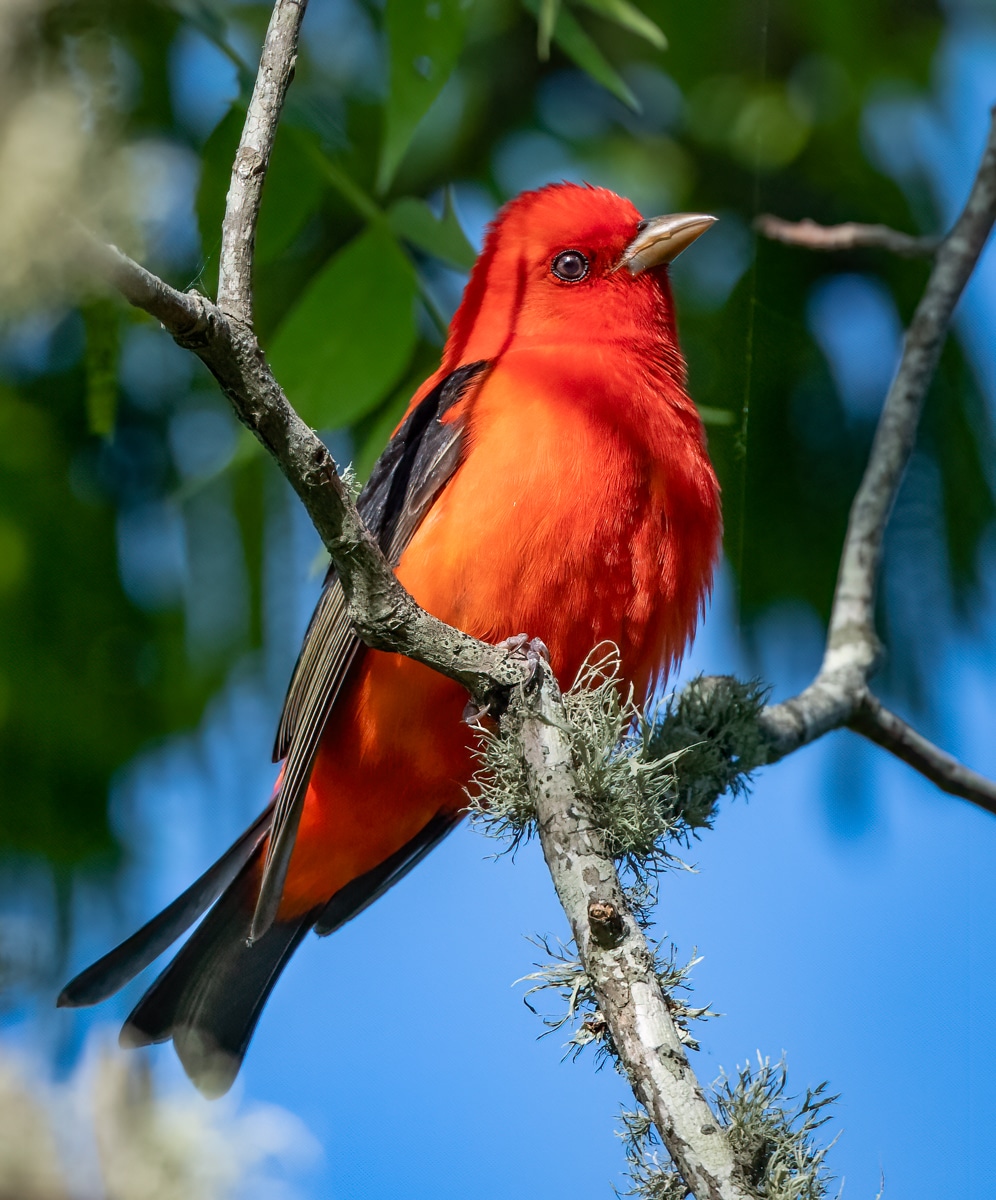
Scarlet Tanager
Order
passeriformesFamily
cardinalidaeGenus (Similar Species)
Scientific Name
Piranga olivacea
-
Conservation Status
Least Concern
State
Gender
Male
Age
Adult
-
Visual Category
Passerine (Perching) Birds -
Birding Sites and Lodges
North Texas Coast - Texas, USA
BIRD CALLS
Scarlet Tanager
-
-
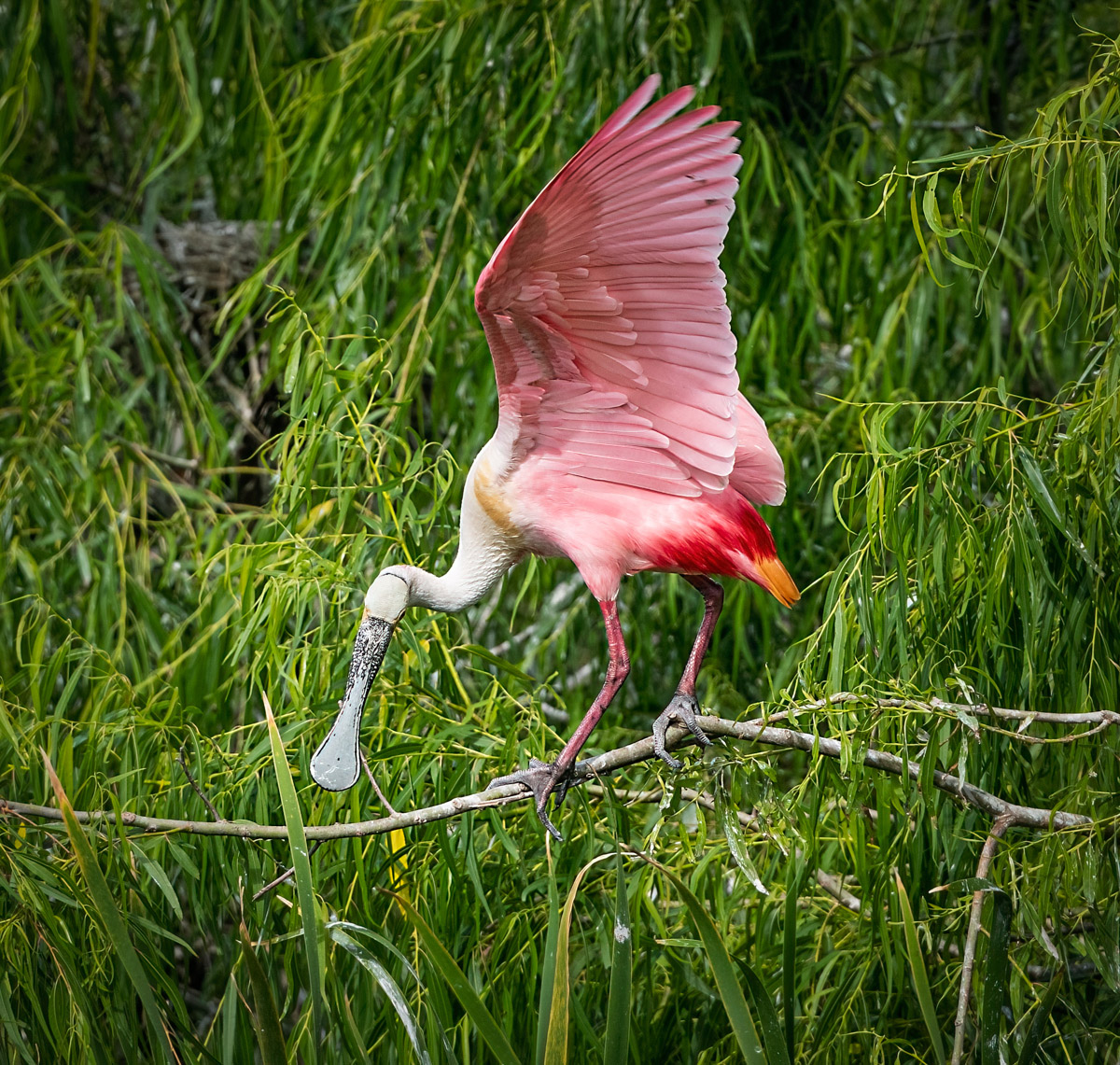
Roseate Spoonbill
Order
pelecaniformesFamily
threskiornithidaeGenus (Similar Species)
Scientific Name
Platalea ajaja
-
Conservation Status
Least Concern
State
Age
Adult
-
Visual Category
Long-legged Waders -
Birding Sites and Lodges
North Texas Coast - Texas, USA
BIRD CALLS
Roseate Spoonbill
-
-
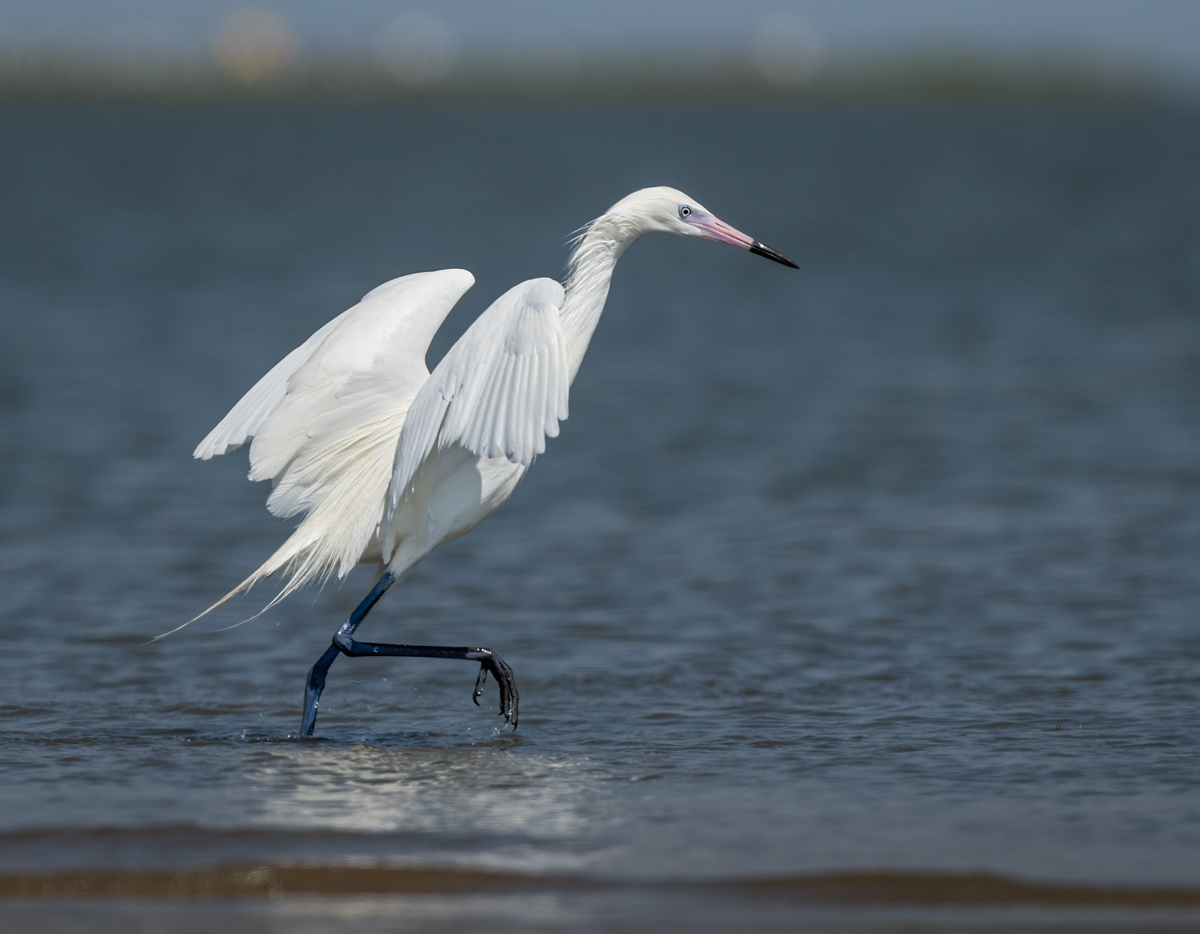
Reddish - White Morph Egret
Order
pelecaniformesFamily
ardeidaeGenus (Similar Species)
Scientific Name
Egretta rufescens
-
Conservation Status
Near Threatened
State
Age
Adult
-
Visual Category
Long-legged Waders -
Birding Sites and Lodges
North Texas Coast - Texas, USA
BIRD CALLS
Reddish – White Morph Egret
-
-
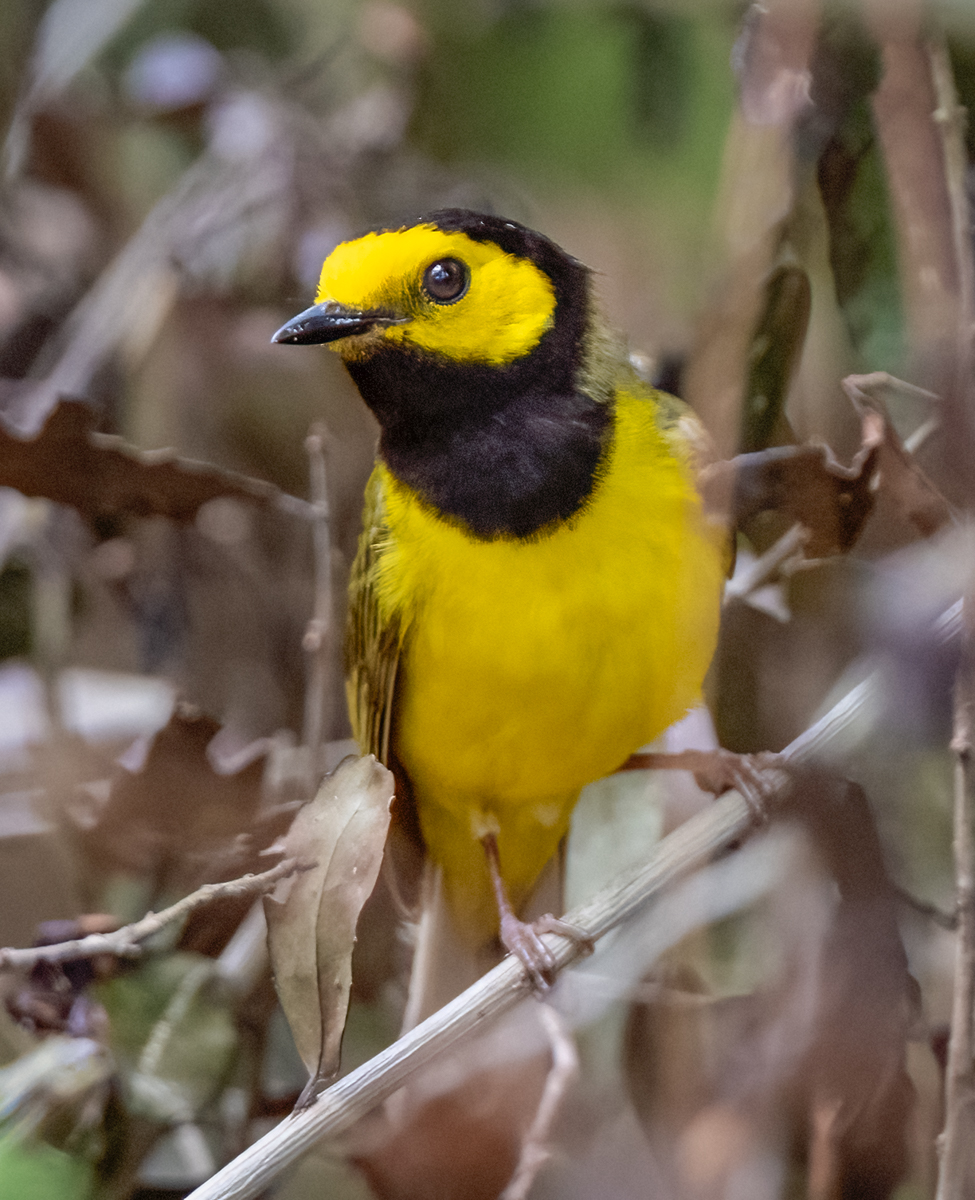
Hooded Warbler
Order
passeriformesFamily
parulidaeGenus (Similar Species)
Scientific Name
Setophaga citrina
-
Conservation Status
Least Concern
State
Gender
Male
Age
Adult
-
Visual Category
Passerine (Perching) Birds -
Birding Sites and Lodges
North Texas Coast - Texas, USA
BIRD CALLS
Hooded Warbler
-
-
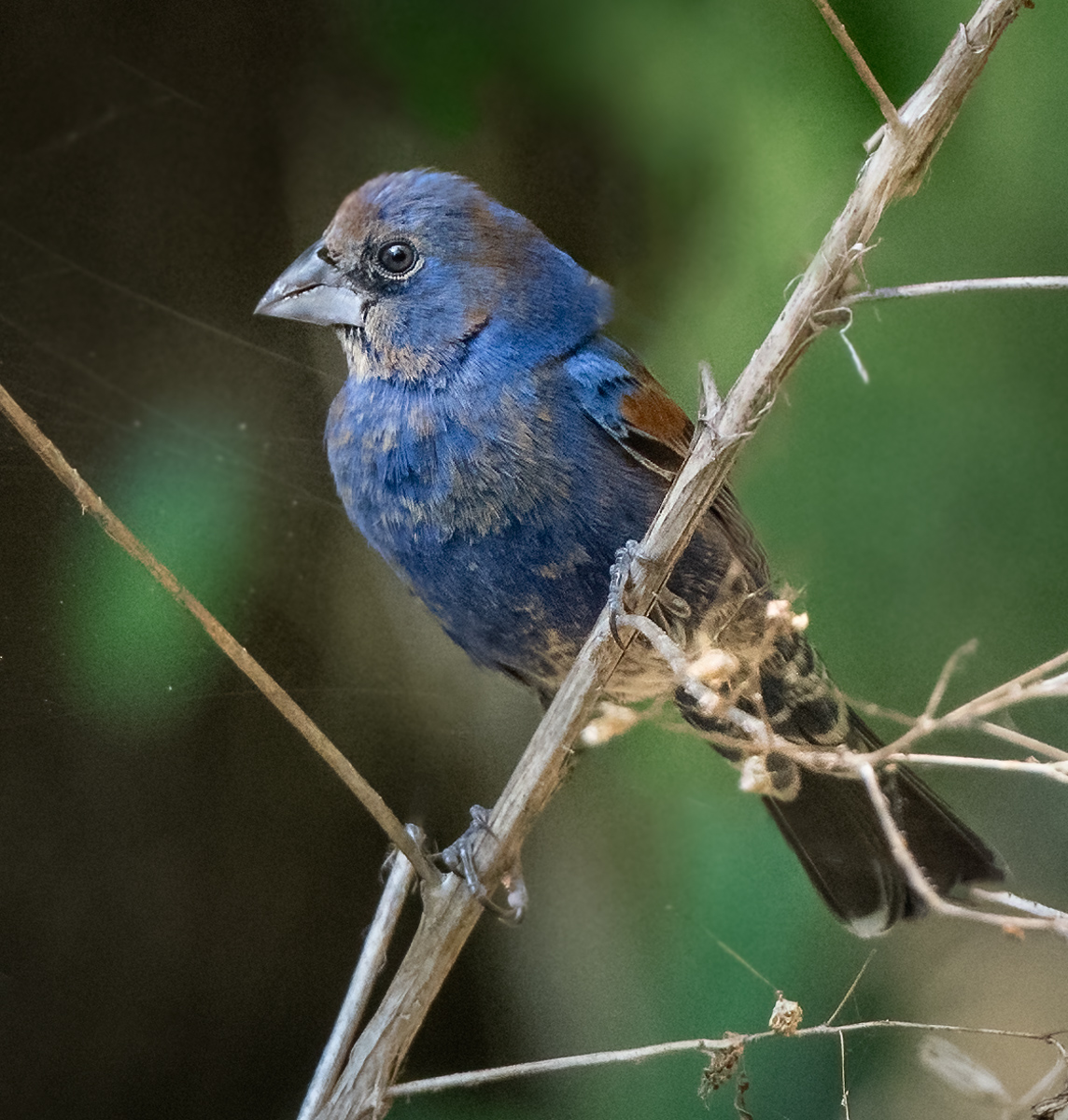
Blue Grosbeak
Order
passeriformesFamily
cardinalidaeGenus (Similar Species)
Scientific Name
Passerina caerulea
-
Conservation Status
least concern
State
Gender
Male
Age
adult
-
Visual Category
passerine (Perching) Birds -
Birding Sites and Lodges
North Texas Coast - Texas, USA
BIRD CALLS
Blue Grosbeak
-
